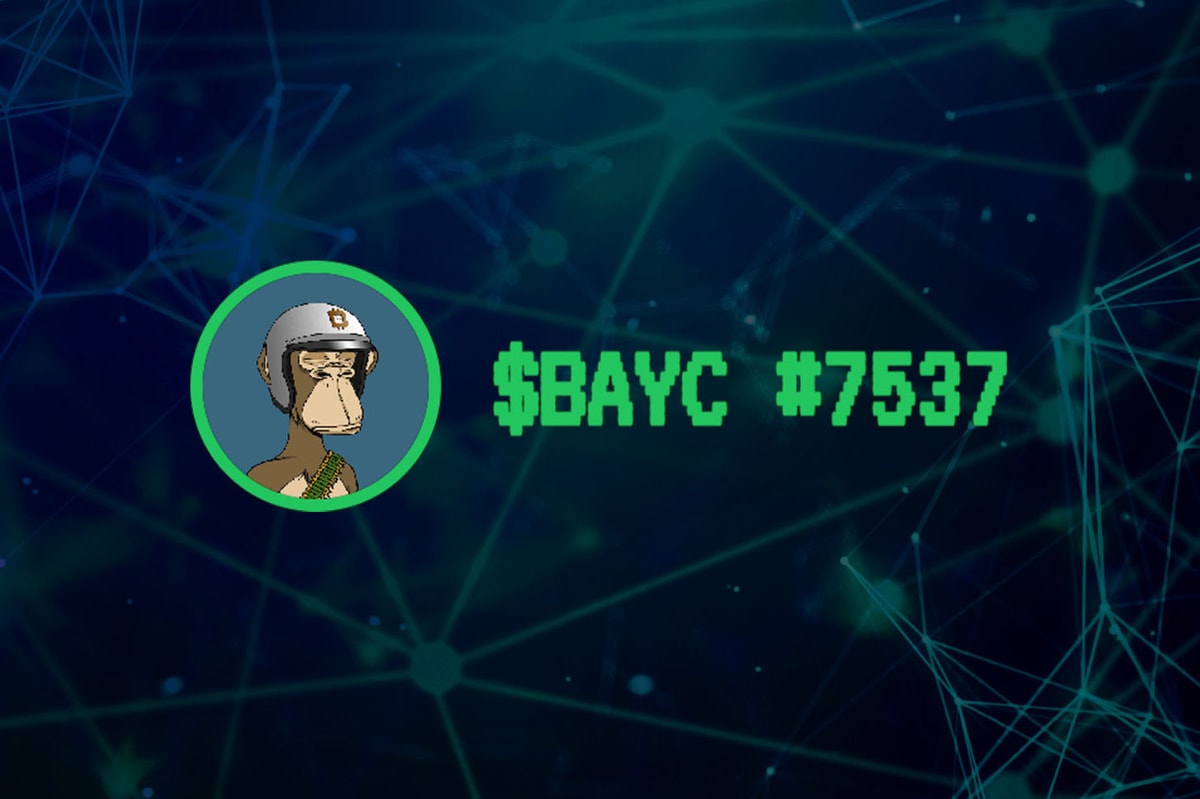On Nov. 30, back in 2011, Roger Ver made a bet to the world, that Bitcoin is going to outperform gold, silver and the dollar by 100 times. This Nov. 30 is going to be the sixth anniversary of his bet, and Ver is set to make another bet to the world – this time about Bitcoin and Bitcoin Cash.
Previously known as Bitcoin Jesus and now a vociferous advocate for Bitcoin Cash, Ver has recently advised NAGA Group, a German public fintech company who’s about to launch an ICO, to accept Bitcoin Cash and other cryptocurrencies alongside Bitcoin and Ethereum.
A company shouldn’t limit itself to Bitcoin, which has a higher fee, Ver said. “As long as it’s good money they should accept it.” He said he also spent the past Friday with bankers demonstrating the different network fees of Bitcoin and Bitcoin Cash.
Leading up to his new bet, Ver had a Q & A with Cointelegraph. Wearing a blue shirt with a white Bitcoin insignia and “Too free to fail” printed on it, Ver joked that he’s going to get his Bitcoin Cash shirt soon.
Cointelegraph: Where do you think Bitcoin and Bitcoin Cash prices will be?
Roger Ver: I think there’s a pretty good chance that Bitcoin price goes over $10,000 by the end of the year. It can very, very much happen, maybe on Monday, Bitcoin Core is going to be $10,000. Both Bitcoin and Bitcoin Cash will reach new all-time highs.
CT: The cryptocurrency space has attracted large numbers of new, mainstream investors. Does the technical difference between Bitcoin and Bitcoin Cash make a difference to them?
RV: In the short term, it doesn’t make that much of a difference. In the long term, the coin that’s the most useful becomes the one that’s used the most. The one that’s used the most will have the largest market cap, the most liquidity, and the biggest user base. And Bitcoin Cash is much, much more useful with Bitcoin Core.
CT: Bitcoin Cash critics have said that its big block approach is unsustainable in the long term, what is your response to that?
RV: Increasing the block size is a long-term, sustainable solution. If you remember your first modem, it’s probably a 24-hundred bite [2,400-bit/s] modem. And then they increased them to 14.4 K[bit/s] modem, that’s the big one that was coming. And then 28.8 kilobit (per second) modem, and then 56K modem, and then you have DSL lines, that are twice the speed, and then it went up, faster and faster, network and the company I did before Bitcoin was selling 100-gigabyte optical transceivers. It was about three mln times faster than the modems I was first selling. In 20 years they got three mln times faster.
If a one megabyte block is easy to handle today, 20 years from now we are going to have three gigabyte blocks just as easy to handle.
I don’t think that scaling on chain is not a practical solution. It very clearly is.
CT: What about Lightning Network as a scaling solution for Bitcoin?
RV: Lightning network is still just a science project at this point. Nobody’s having it in commerce, nobody’s having lighting network wallets, so it’s complete vaporware at this point.
Maybe it will come together, maybe it will be fantastic someday, but they intentionally broke Bitcoin which was working incredibly well and grew into this worldwide phenomenon.
CT: You got to meet cryptocurrency communities around the world. What did you notice?
RV: When you go to a meetup, the majority of people are in favor of Bitcoin Cash, on chain scaling. It’s only on the Internet that there’s a lot of people who are not in favor of that. The vast majority of people who support Bitcoin Core don’t even use Bitcoin, whereas everybody who actually uses Bitcoin on a regular basis is in favor of Bitcoin Cash or in favor of on-chain scaling.
It won’t take too many more months until Bitcoin Cash completely surpass Bitcoin Core in price number of users or market cap. It’s not a question of if, it’s just a question of when. I think it’s going to happen next year.
CT: Jamie Dimon said he would fire any trader that trades Bitcoin. How would you respond to that?
RV: I’m sure Jamie Dimon is a smart guy. I think he probably realizes that Bitcoin is going to cut into his business. It’s not going to be Bitcoin specifically though, but all cryptocurrencies.
But the smart ones [bankers] are going to adopt, right?
CT: Interest on ICOs has been spiking. What are your tips for new investors interested in ICO?
RV:
- The ICOs I would be the most interested in are those that are like securities. That you own a piece of asset of some company or to that effect. And that’s the thing the SEC should mind their own business about. It’s none of their business what people would want to do with their own money on the Internet or to invest in risky things.
- I would also recommend reading How an Economy Grows and Why It Doesn't, by Irwin Schiff. (Schiff is famous for protesting federal income tax. His son, Peter, wrote How an Economy Grows and Why It Crashes). He was not a proponent of Bitcoin, but the book’s a great primer on economics. If you have better understanding of economics, and how something becomes useful as money, you’ll have an idea of how to invest in cryptocurrencies.
- Do your own diligence and do your own research, do not just blindly believe people on the Internet. Look at their business model. Are they moving their resources to where they are worth less or to where they are worth more? Is there a use case for the token?
- I don’t really invest in ICOs very much. I’m so busy with being the CEO of bitcoin.com. I regret that I don’t have more time to pay attention to ICO’s because I think it’s probably a lot of interest and opportunity on it.
Responses have been edited for clarity.










